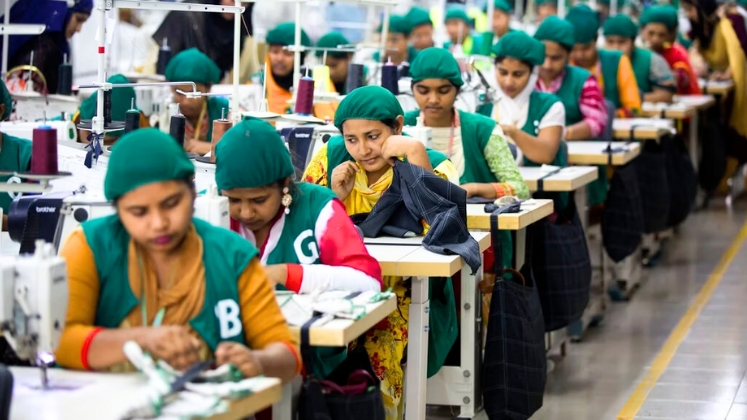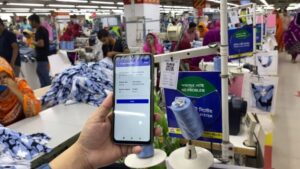
Following a four-day shutdown, garment and textile companies have begun to progressively reopen. Around thirty per cent of garment factories—some of which are located in Dhaka—opened on 23rd July, and there have been no significant negative events noted in these sectors.
“We are hopeful that all the factories will reopen tomorrow ,” said Mohammad Hatem, executive president of the Bangladesh Knitwear Manufacturers and Exporters Association (BKMEA). He claimed that because of an extended internet blackout, they were having trouble getting in touch with their overseas customers.
International apparel retailers and brands’ liaison offices located locally have also expressed dissatisfaction over their inability to get in touch with their headquarters and submit fresh work orders.
Over the past two days, representatives from the textile and apparel industries have been pleading with the state minister and home minister about ICT to restore internet service and ensure worker and factory safety.
According to SM Mannan Kochi, president of the Bangladesh Garment Manufacturers and Exporters Association (BGMEA), the industry has already lost Taka 6,400 crore in potential revenue as a result of the four-day stoppage.
He said that even though there was no production in the factories, the owners would still have to pay Taka 1,000 crore in salary. Likewise, Kochi stated that the apparel accessory industry has lost more than Taka 2,500 crore.
The Bangladesh Textile Mills Association’s members are attempting to reopen their plants as well, but some have been denied access due to safety concerns by local authorities. With the exception of those located inside export processing zones, a large number of Chattogram’s clothing factories have started up again.
Syed Nazrul Islam, first vice president of the BGMEA, said that during a meeting with officials of the organization’s Chattogram chapter on Monday, law enforcement authorities and the local government approved the reopening.
“Around 70 to 80 per cent of the 450 factories currently operational outside the EPZs resumed production today,” said Islam. Law enforcers allowed workers with identity cards to enter the factories, he said.






